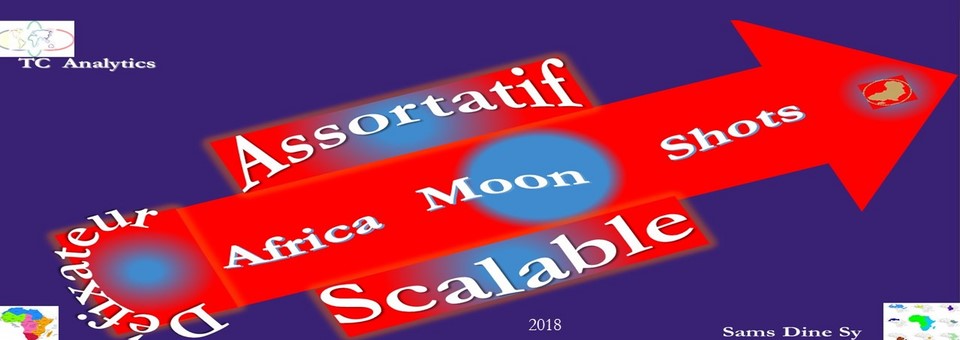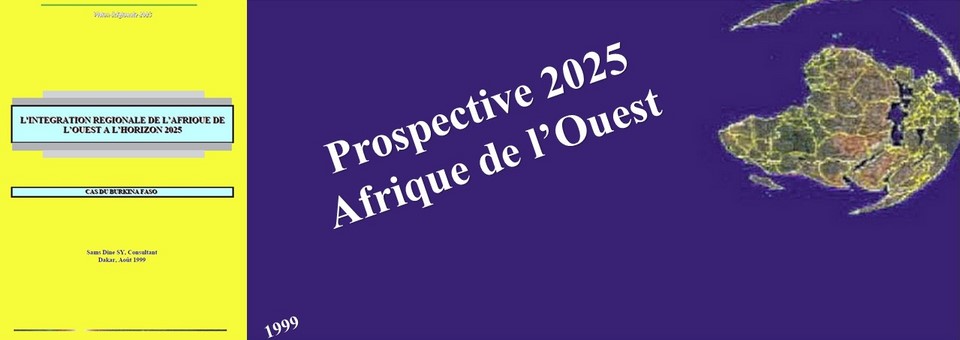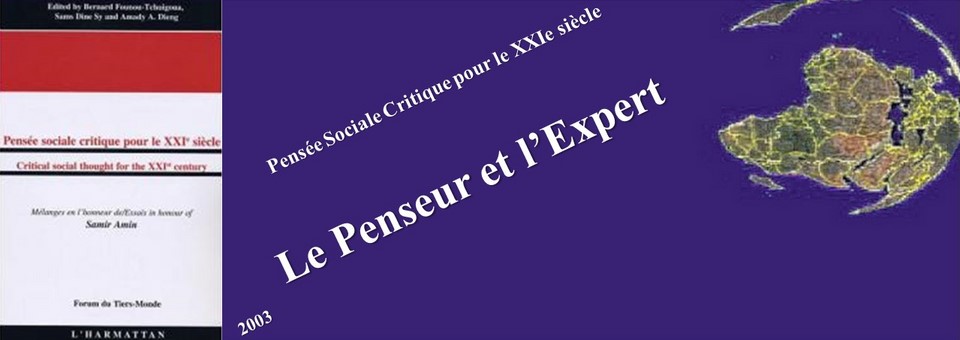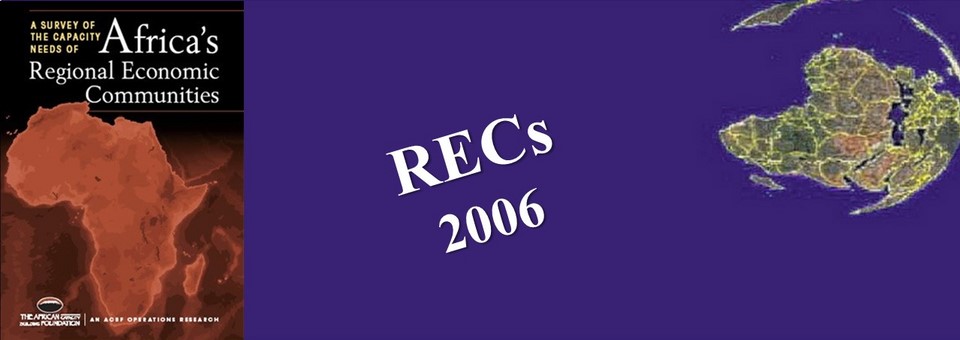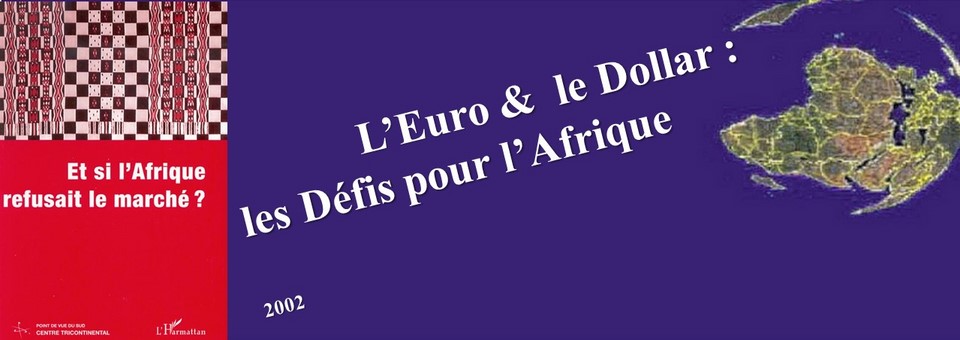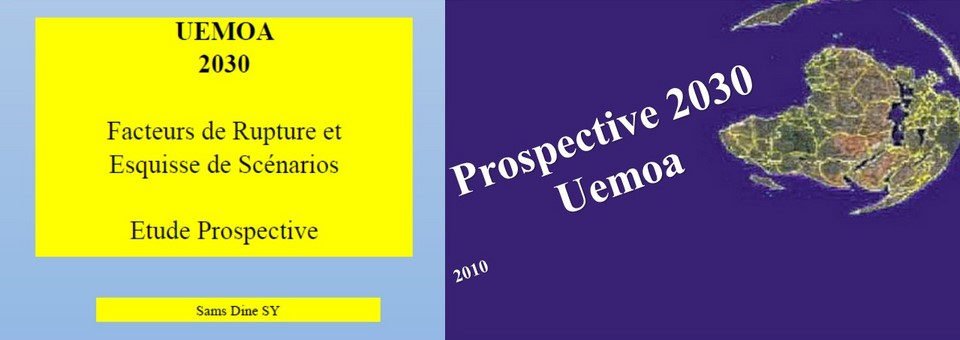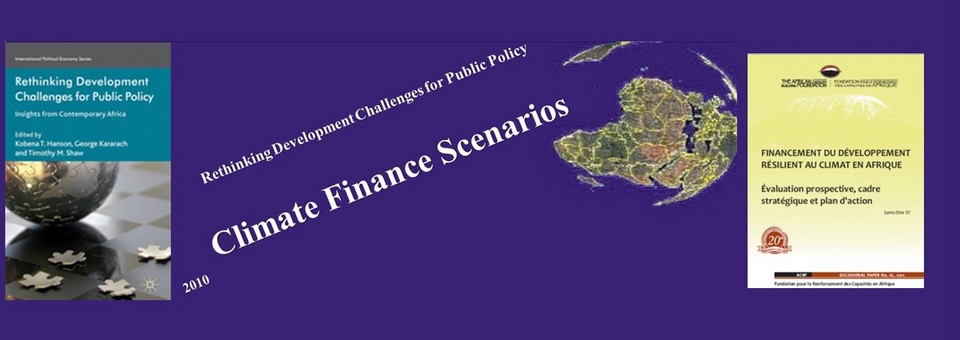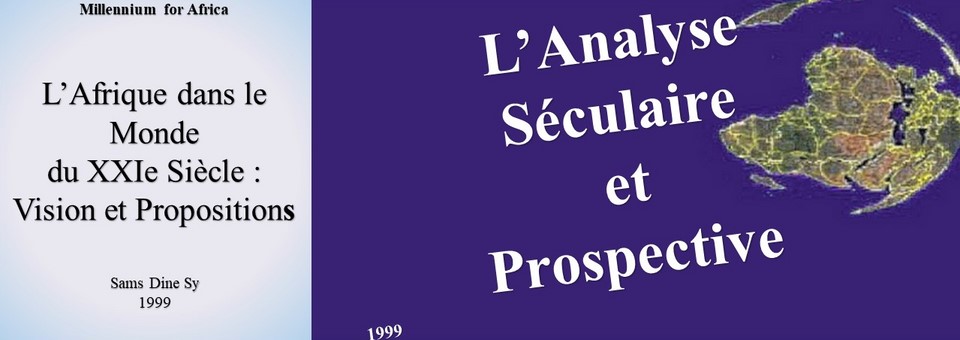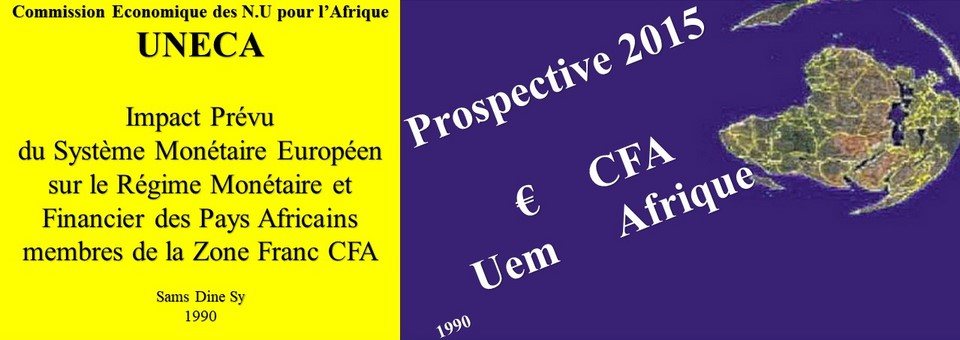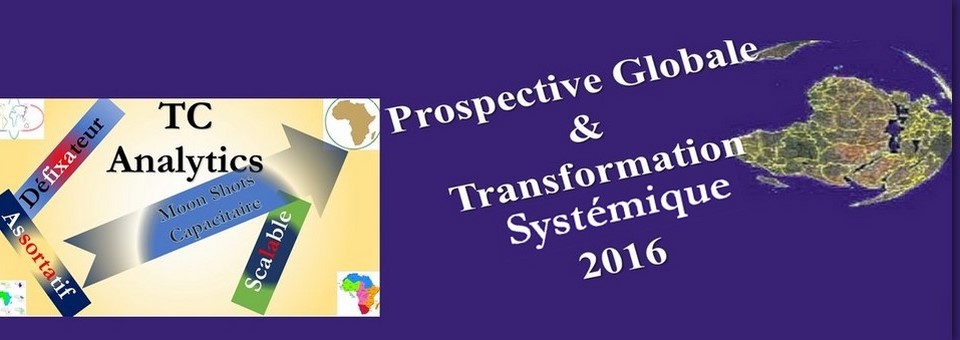AUSTRALIAN NUCLEAR ISSUE
AUSTRALIAN NUCLEAR ISSUE: A MATTER OF ROGUE AND FAILED STATES
Sams Dine SY* 20/09/2021
Sams Dine SY* 20/09/2021
The Australian scandal marks a historic reversal in capacitary transformation: nuclear capacity is growing as rogue and failed states proliferate. The revelation of this new deal around the submarine is proof of the US tipping into the rogue states clan. Australia also joins this clan, whatever its leaders think. For the United Kingdom, it is the double penalty, both failed and rogue state. France's reaction, in particular the denial of responsibility, in turn raises this country into the club of failed states dragging the European Union in its wake: to date no letter of resignation on the entire chain of command within the military-industrial-diplomatic-academic complex, even if it is not accepted by the hierarchy. These countries - all promoters and signatories of the Treaty on the Non-Proliferation of Nuclear Weapons, NPT and the Nation (Capacity) Building since the 90s – bring the world closer to a nuclear war and the Japanese tragedy of 1945. How did we arrive at this reversal of trends and roles?
The military-industrial complex, still at work in each of the countries concerned, now poses a real threat to a peaceful world without being described as responsible for a collapse of this magnitude. At most, it manages to reduce the number of major players in the face of the capacity challenge in these three main dimensions: military, monetary, fiscal. To neutralize other actors, stigma can be effective: systemic rival, hybrid threats, civilizational problems... But their elimination from the international arena stems from the transition to an increased stake in the cyber, planetary, and interstellar dimensions. These last two missions fall within the competence of the diplomatic-academic complex responsible for building or testing the conceptual framework by drawing on the paradigms of policy analysis, currents, theories, and toolboxes. Thus, each turning point has so far resulted in a profound shift in the international agenda: "neo-positivist" to end the "war on poverty" (60s); argumentative to blow up the Soviet empire (80s) as evidenced by President Reagan's speech in Cancun (1981) to an audience of hypnotized leaders; and now interpretative (mixed with discursive and cognitive) to dislocate China and put an end to its initiatives (Belt & Road, 5G, African Shen-Zen). However, the relevance and coherence of this last turning point as well as its degree of formalization still leave something to be desired as long as the conceptual framework remains largely impregnated with theories and models that have shown their limits over the last twenty years if we judge by the magnitude of disasters and slippages: 11/09, West Asia, Libya, Syria, Sahel...
Although the ongoing debate within the main learned societies (Ipa, Apsa, Appam...) is still timid, an illustration of the limits of what is qualified as an "interpretative turning point" by the IPA is possible by applying to the Australian nuclear affair three reading grids: the shocks theory in its classic version, "Clean Steal Approach (CSA)" and "MIT Shocks Approach (MSA)”. According to the first, this case would be at most a specific shock, temporary and with asymmetrical effects: it remains an internal matter of NATO to be repaired by a continuous unfolding of the North Atlantic to the Indo-Pacific with a mandatory passage through the South-Mediterranean. The second (CSA) is reflected in the exit of Europe from the international forum while waiting for it to show real strategic autonomy by deploying, for example, alone in Africa, leaving it to the US to dissolve NATO and replace it with the Indo-Pacific equivalent. For the 3rd (MSA), the Australian nuclear participates in the restructuring of the American agenda around two competing or even incompatible priorities; the first consists in first establishing the definitive prospective distance with the Rest of the World (ROW) to relativize the problems that arise there; the second prefers first to pacify the planet on earth, including by nuclear and cyber capacity, before doing it from space. The final choice between these two priorities depends on the future of the two large-scale initiatives Building Back Better World (B3W)and Space Communication and Navigation (SCaN,NASA). The choice between these two priorities structures the political landscape around a demo-ressourcist vision rooted in positivism that sticks to the predator/prey logic and a neo-positivist vision that is part of the interpretative turn. The ongoing debate on the temptation to use nuclear weapons against China and the preventive attitude of the armed forces illustrate this opposition. The first camp condemns, the second approves. The reactions on the abrupt withdrawal from Afghanistan too: condemnation on the form and on the fund (especially European) both on the one hand and approval on the other. If the first side wins - which is not to be excluded - then Samir Amin's frightening predictions during the signing session of the Essais in his honors" (April 2003) will come true: tens or even hundreds of millions of deaths especially in failed states. Except that now, this label is no longer only displayed on the map of Africa as the proponents of the thesis of the autonomous territories wanted, taken up in Ramses 2001 to criminalize the "failed states" especially in the former colonies in order to create "permanent and autonomous political establishments with regard to local powers, and therefore in the dependence of centers of power outside the territories concerned". The possibility for the second camp to win depends on the mobilization of other learned and civil societies all over the world to discredit the demo-ressourcist vision that hovers over the fate of humanity.
The military-industrial complex, still at work in each of the countries concerned, now poses a real threat to a peaceful world without being described as responsible for a collapse of this magnitude. At most, it manages to reduce the number of major players in the face of the capacity challenge in these three main dimensions: military, monetary, fiscal. To neutralize other actors, stigma can be effective: systemic rival, hybrid threats, civilizational problems... But their elimination from the international arena stems from the transition to an increased stake in the cyber, planetary, and interstellar dimensions. These last two missions fall within the competence of the diplomatic-academic complex responsible for building or testing the conceptual framework by drawing on the paradigms of policy analysis, currents, theories, and toolboxes. Thus, each turning point has so far resulted in a profound shift in the international agenda: "neo-positivist" to end the "war on poverty" (60s); argumentative to blow up the Soviet empire (80s) as evidenced by President Reagan's speech in Cancun (1981) to an audience of hypnotized leaders; and now interpretative (mixed with discursive and cognitive) to dislocate China and put an end to its initiatives (Belt & Road, 5G, African Shen-Zen). However, the relevance and coherence of this last turning point as well as its degree of formalization still leave something to be desired as long as the conceptual framework remains largely impregnated with theories and models that have shown their limits over the last twenty years if we judge by the magnitude of disasters and slippages: 11/09, West Asia, Libya, Syria, Sahel...
Although the ongoing debate within the main learned societies (Ipa, Apsa, Appam...) is still timid, an illustration of the limits of what is qualified as an "interpretative turning point" by the IPA is possible by applying to the Australian nuclear affair three reading grids: the shocks theory in its classic version, "Clean Steal Approach (CSA)" and "MIT Shocks Approach (MSA)”. According to the first, this case would be at most a specific shock, temporary and with asymmetrical effects: it remains an internal matter of NATO to be repaired by a continuous unfolding of the North Atlantic to the Indo-Pacific with a mandatory passage through the South-Mediterranean. The second (CSA) is reflected in the exit of Europe from the international forum while waiting for it to show real strategic autonomy by deploying, for example, alone in Africa, leaving it to the US to dissolve NATO and replace it with the Indo-Pacific equivalent. For the 3rd (MSA), the Australian nuclear participates in the restructuring of the American agenda around two competing or even incompatible priorities; the first consists in first establishing the definitive prospective distance with the Rest of the World (ROW) to relativize the problems that arise there; the second prefers first to pacify the planet on earth, including by nuclear and cyber capacity, before doing it from space. The final choice between these two priorities depends on the future of the two large-scale initiatives Building Back Better World (B3W)and Space Communication and Navigation (SCaN,NASA). The choice between these two priorities structures the political landscape around a demo-ressourcist vision rooted in positivism that sticks to the predator/prey logic and a neo-positivist vision that is part of the interpretative turn. The ongoing debate on the temptation to use nuclear weapons against China and the preventive attitude of the armed forces illustrate this opposition. The first camp condemns, the second approves. The reactions on the abrupt withdrawal from Afghanistan too: condemnation on the form and on the fund (especially European) both on the one hand and approval on the other. If the first side wins - which is not to be excluded - then Samir Amin's frightening predictions during the signing session of the Essais in his honors" (April 2003) will come true: tens or even hundreds of millions of deaths especially in failed states. Except that now, this label is no longer only displayed on the map of Africa as the proponents of the thesis of the autonomous territories wanted, taken up in Ramses 2001 to criminalize the "failed states" especially in the former colonies in order to create "permanent and autonomous political establishments with regard to local powers, and therefore in the dependence of centers of power outside the territories concerned". The possibility for the second camp to win depends on the mobilization of other learned and civil societies all over the world to discredit the demo-ressourcist vision that hovers over the fate of humanity.
Sams Dine Sy 20/09/202
https://samsdinesy.org/
